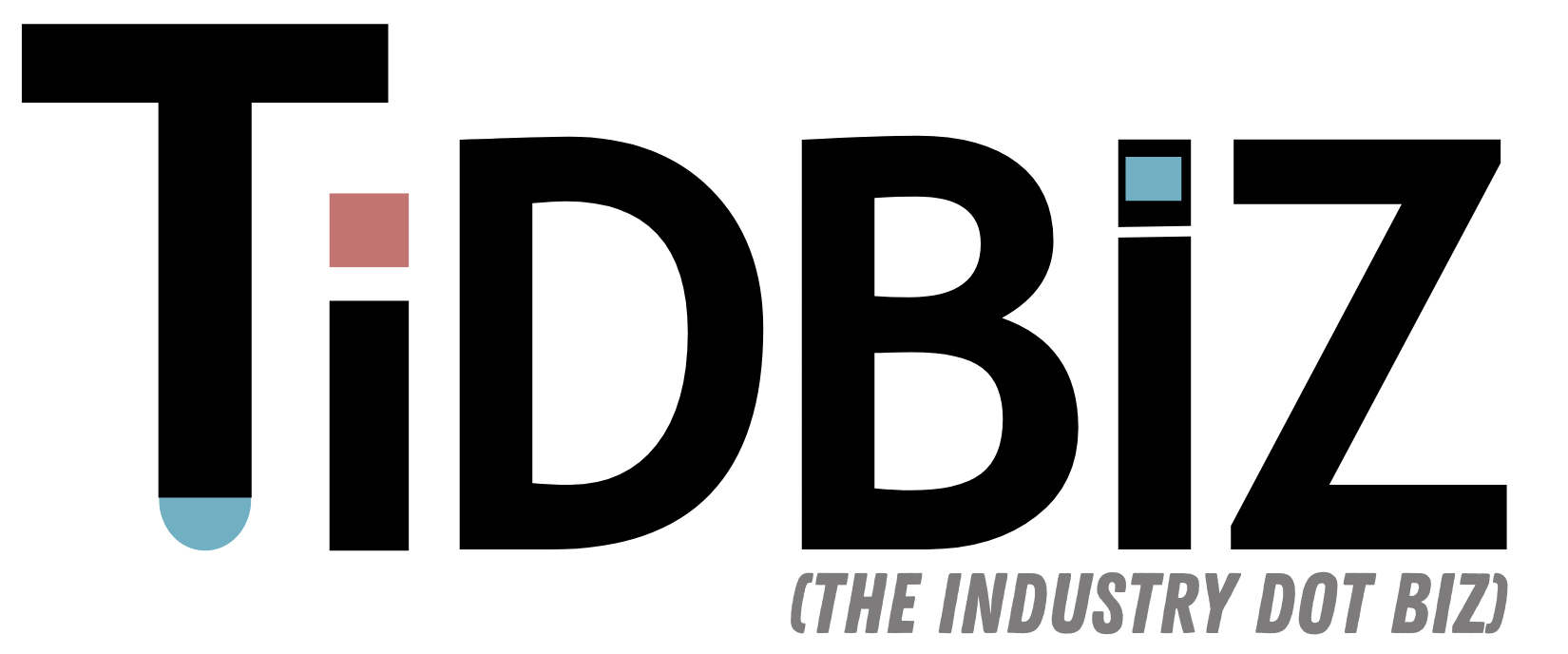A recent study conducted by Georgia State University reveals a significant shift in Metro Atlanta’s housing market.

The research found that three corporations own approximately 19,000 homes across the region, representing about 11% of the available residential properties.
This phenomenon highlights a growing trend where companies, rather than individuals, are becoming predominant homeowners.
Impact on Starter Homes and Housing Prices
These corporations primarily target what were traditionally considered starter homes. Such homes, crucial for first-time buyers 15 to 30 years ago, are now predominantly available for rent rather than purchase.
This shift in ownership dynamics is transforming the housing market landscape, significantly impacting the availability and affordability of homes.
The concentration of ownership among a few corporate entities has led to increased housing prices and rental costs, making it challenging for individual buyers to find affordable deals.
The Companies Dominating the Market
The three major companies involved are Progress Residential, Invitation video/" data-type="post" data-id="783317">Homes, and Main Street Renewal.
These firms have establibusiness model focuses on acquiring homes to rent rather than sell, affecting the overall market by reducing the supply of purchasable homes.
effects on the Community and Potential Benefits
While the dominance of corporate ownership has escalated prices, it also offers certain advantages.
For renters, corporate-owned homes can mean less personal responsibility for maintenance and repairs, such as roofing issues, which are managed by the property owners.
This setup can be particularly appealing for those not ready to fully commit to the responsibilities of homeownership.
Broader Implications and Future Trends
Expanding the focus beyond the top three to include the top ten corporations owning properties, the number of corporate-owned homes rises to over 30,000 in the wider Metro area.
This growing trend suggests that corporate ownership will continue to play a significant role in shaping Atlanta’s housing market, with implications for availability, pricing, and the overall community structure.




